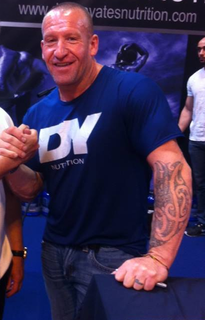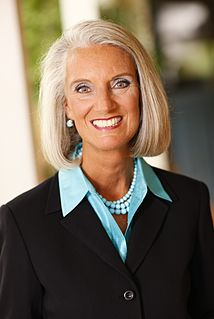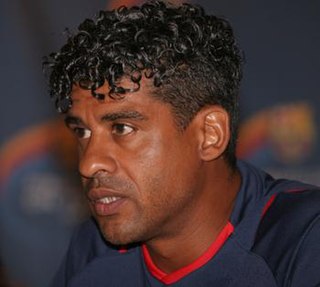A Quote by Martha Wainwright
I have a tendency to run after people who are completely unattainable and uninterested and make a complete fool of myself.
Quote Topics
Related Quotes
The indispensability of reason does not imply that individual people are always rational or are unswayed by passion and illusion. It only means that people are capable of reason, and that a community of people who choose to perfect this faculty and to exercise it openly and fairly can collectively reason their way to sounder conclusions in the long run. As Lincoln observed, you can fool all of the people some of the time, and you can fool some of the people all of the time, but you can't fool all of the people all of the time.
He was, as Billy Name said in the acclaimed Ric Burns documentary about Andy Warhol, uninterested in being a second-tier artist. He was uninterested in being a first-tier artist! He wanted to be, you know, a god. Someone who completely changed the...he wanted to be Zeus with the lightning bolt and nothing less would have satisfied him.




































